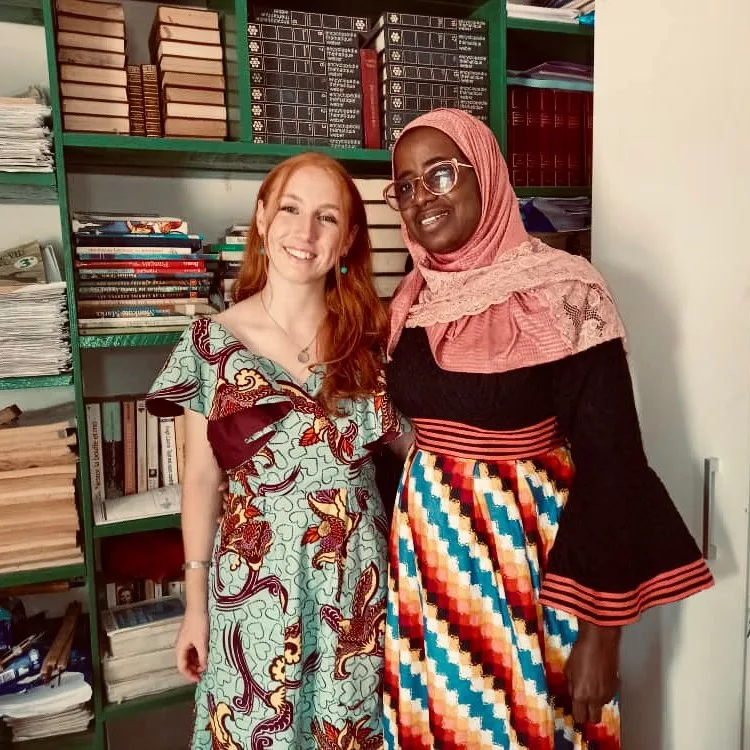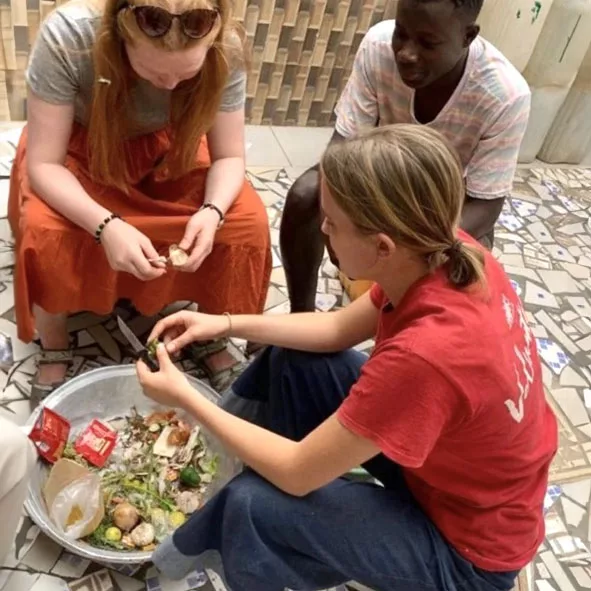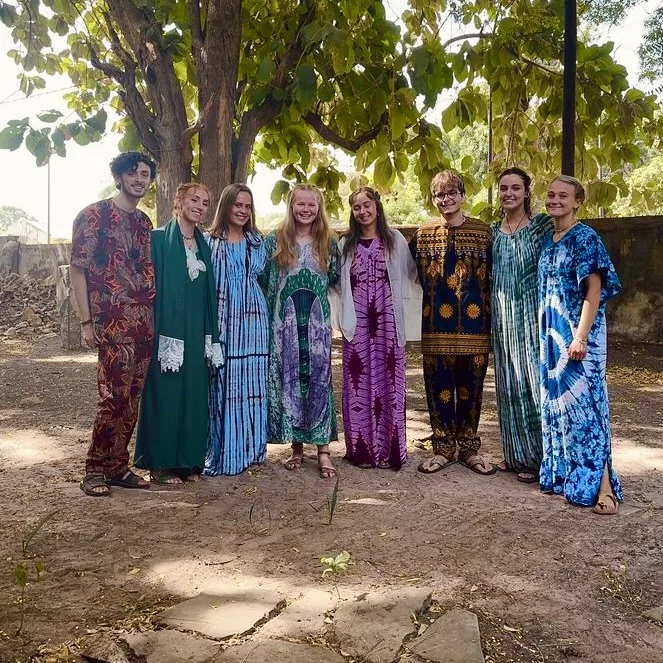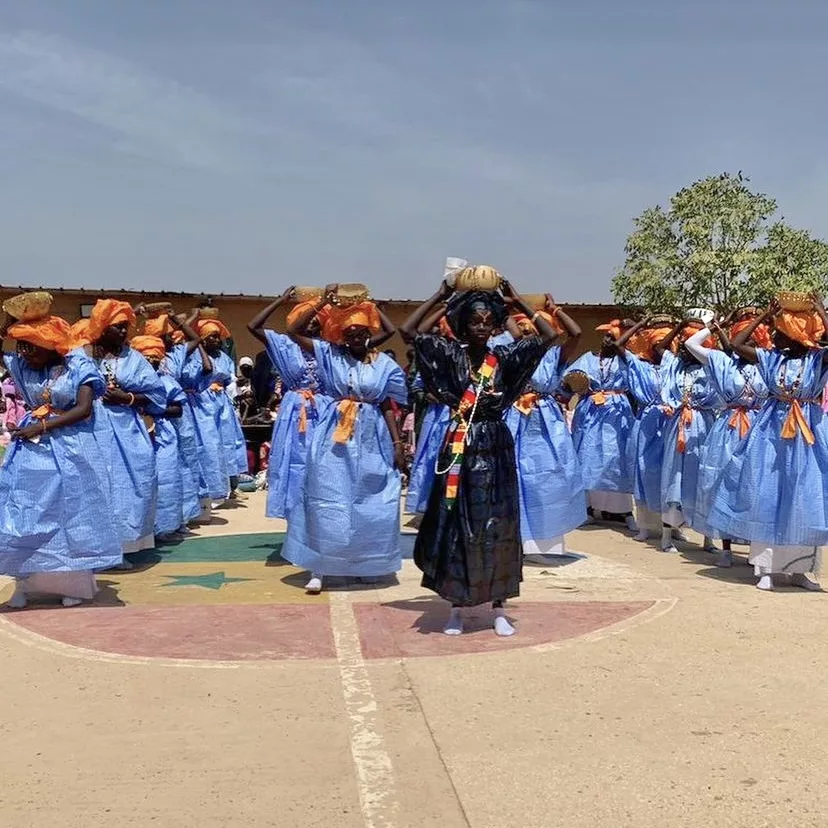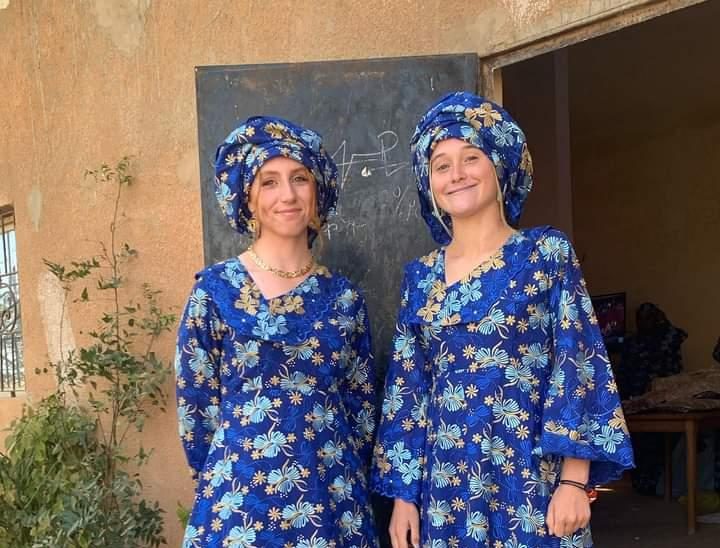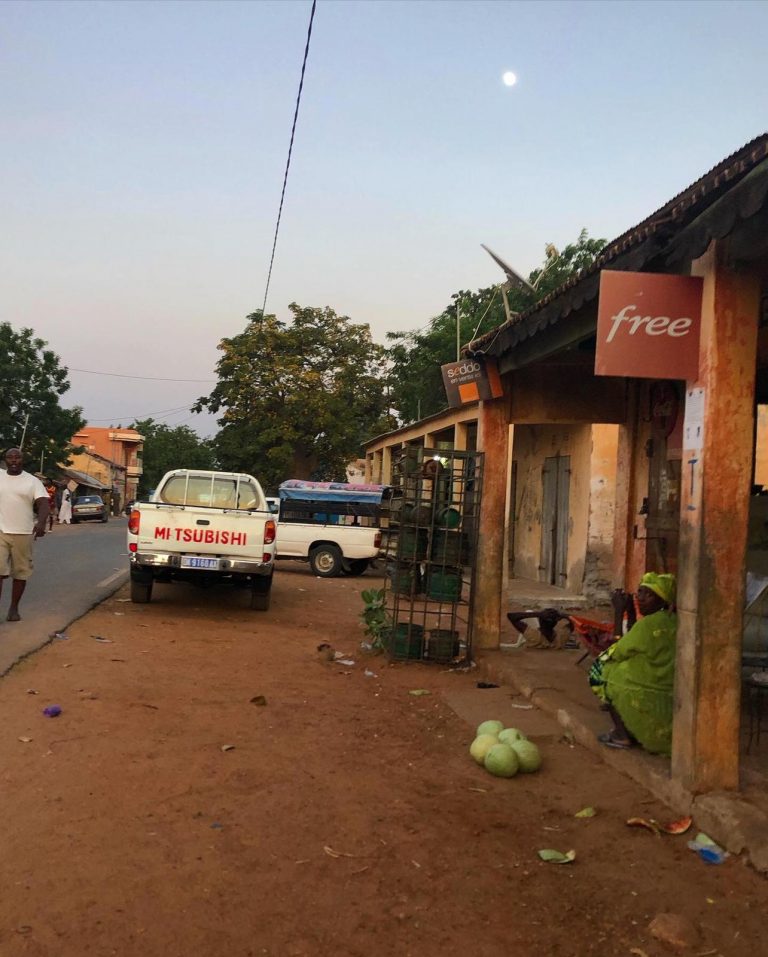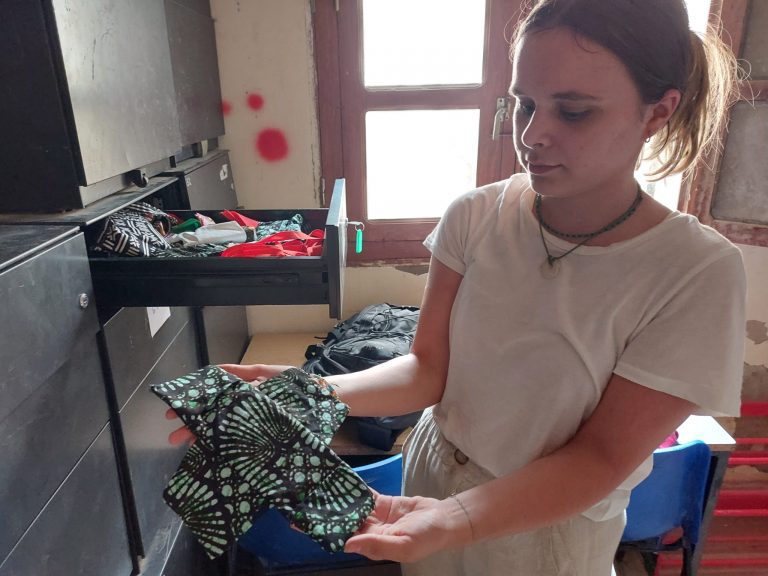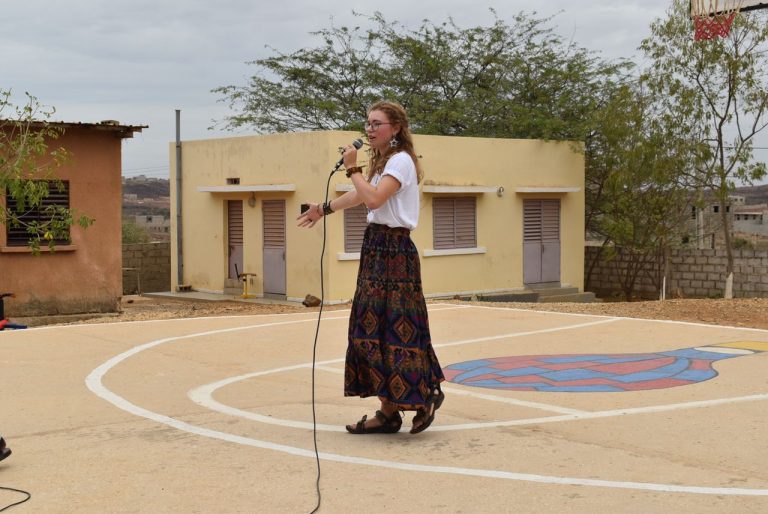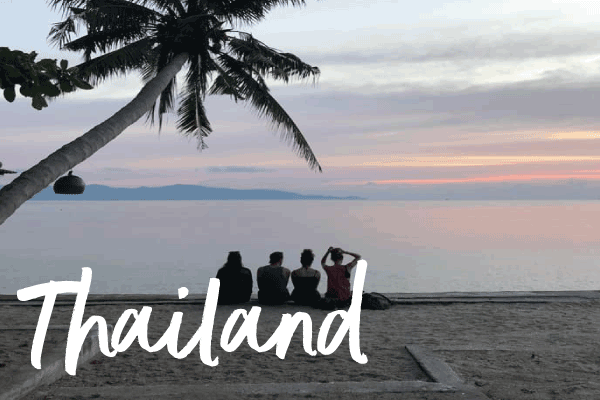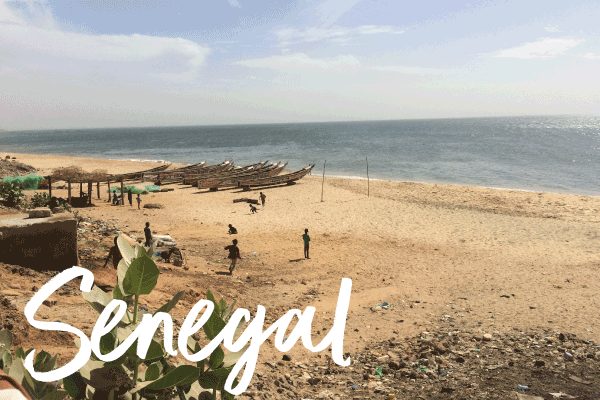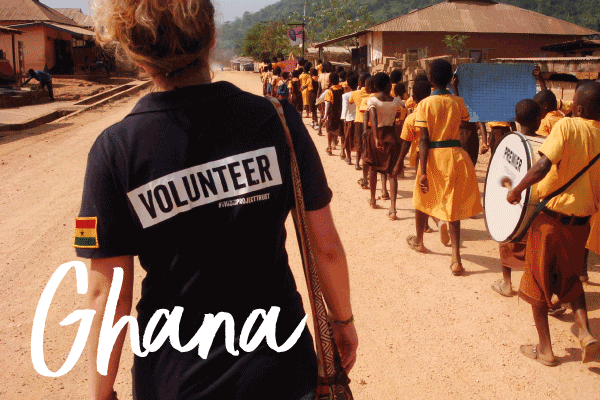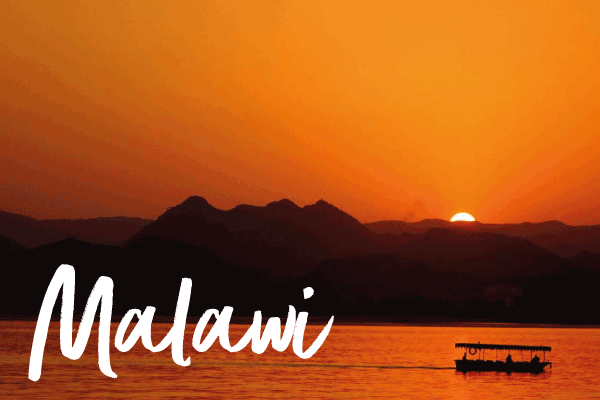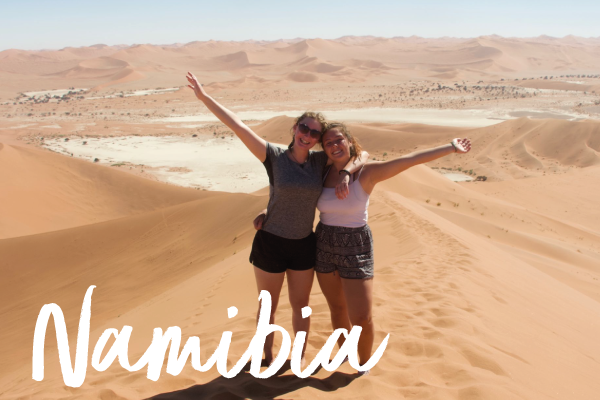A gap year in Senegal offers an immersive journey into the vibrant tapestry of West African culture, where each day unfolds with new experiences and enriching encounters.
A former French Colony and pre-dominantly Islamic Senegal, provides a unique opportunity to experience a very different culture.
Senegal beckons with its warm hospitality, rich traditions, and diverse landscapes. Here you’ll not only contribute meaningfully through volunteering but also find yourself deeply engaged in the rhythm of daily life, forging connections that will last a lifetime. One of the first things you’ll notice is that hospitality, or “Teranga” is very important in Senegal and guests are welcomed into houses with food, water, a bath and a bed. It means that communities are very welcoming, and you’ll always find someone keen to stop, chat and take ‘Attaya’ – the Senegalese tea ceremony.
A year in Senegal is an ideal opportunity to learn French (the national language), Wolof (the most widely spoken language) and Arabic.
Senegal travel – Lonely Planet | Africa
Key notes about Senegal
Living in Senegal
You will live in shared accommodation and usually eat with local families. The Senegalese diet is dominated by rice and fish, with the national dish being ‘Thieboudienne’. The projects are all within small to medium towns, and mostly in secondary schools. Volunteers build close relationship within their communities and have the opportunity for lots of extra-curricular activities.
Volunteering in Senegal
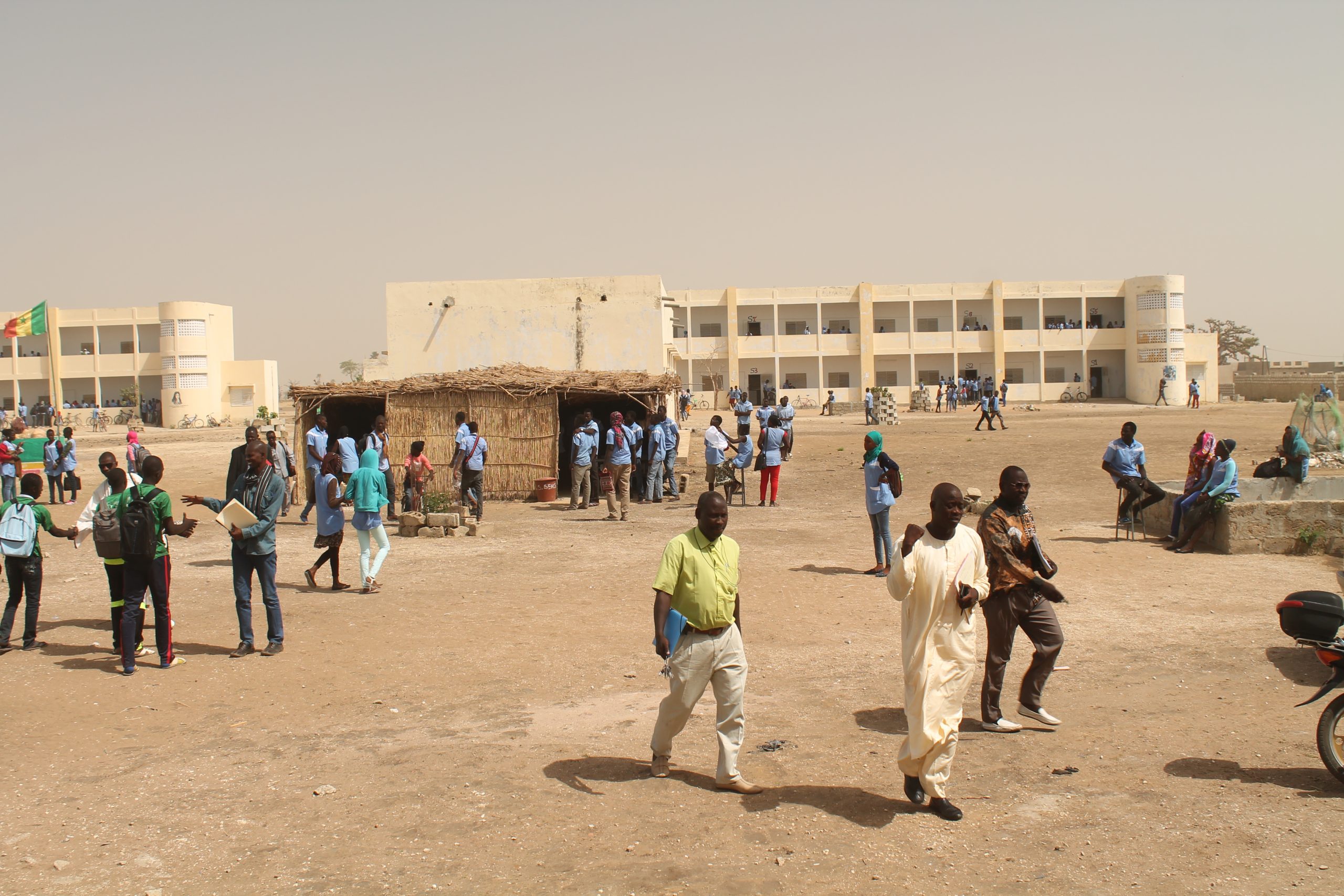
TESOL Secondary
You will be teaching English in large Secondary schools, supporting teachers with improving students English language abilities.

TESOL projects
You will teach students aged 12-18 with ample opportunities to set up afterschool English clubs.
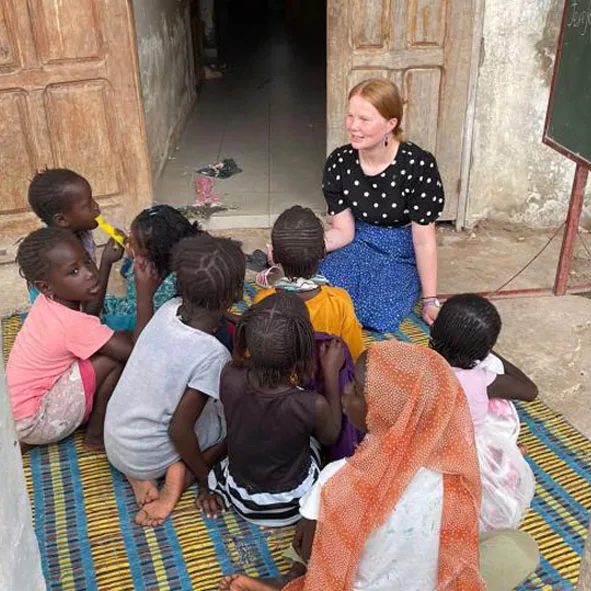
Community Development
You will be working in a local community centre with a focus on the development of IT skills and improved English language
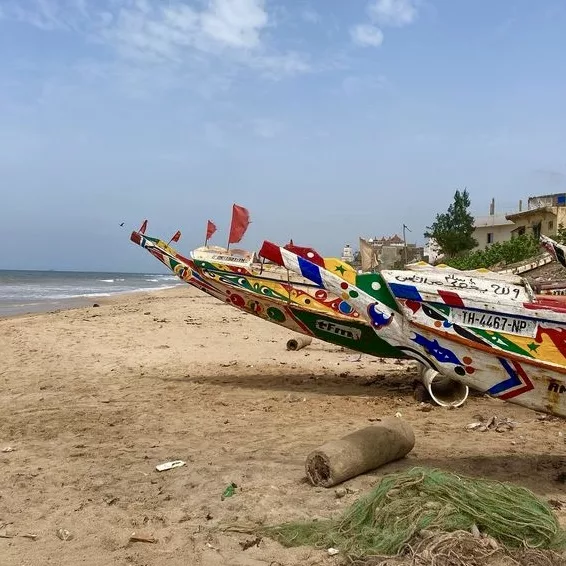
Q. What opportunities does a year in Senegal bring?
“Mixing with loads of different and interesting people from different cultures and age groups. Realising that despite cultural, religious and linguistic differences, there are some things that transcend these barriers and form international bridges.”
Madeleine Phillips, Senegal Volunteer
The Volunteer experience in Senegal provides a significant and exciting challenge and is richly rewarding. Overcoming the language and cultural barrier whilst adapting to a very different climate and living conditions is worth the effort. The shared meals. the kindness and hospitality of the communities and the vibrancy of the learning opportunities available is unrivalled.

